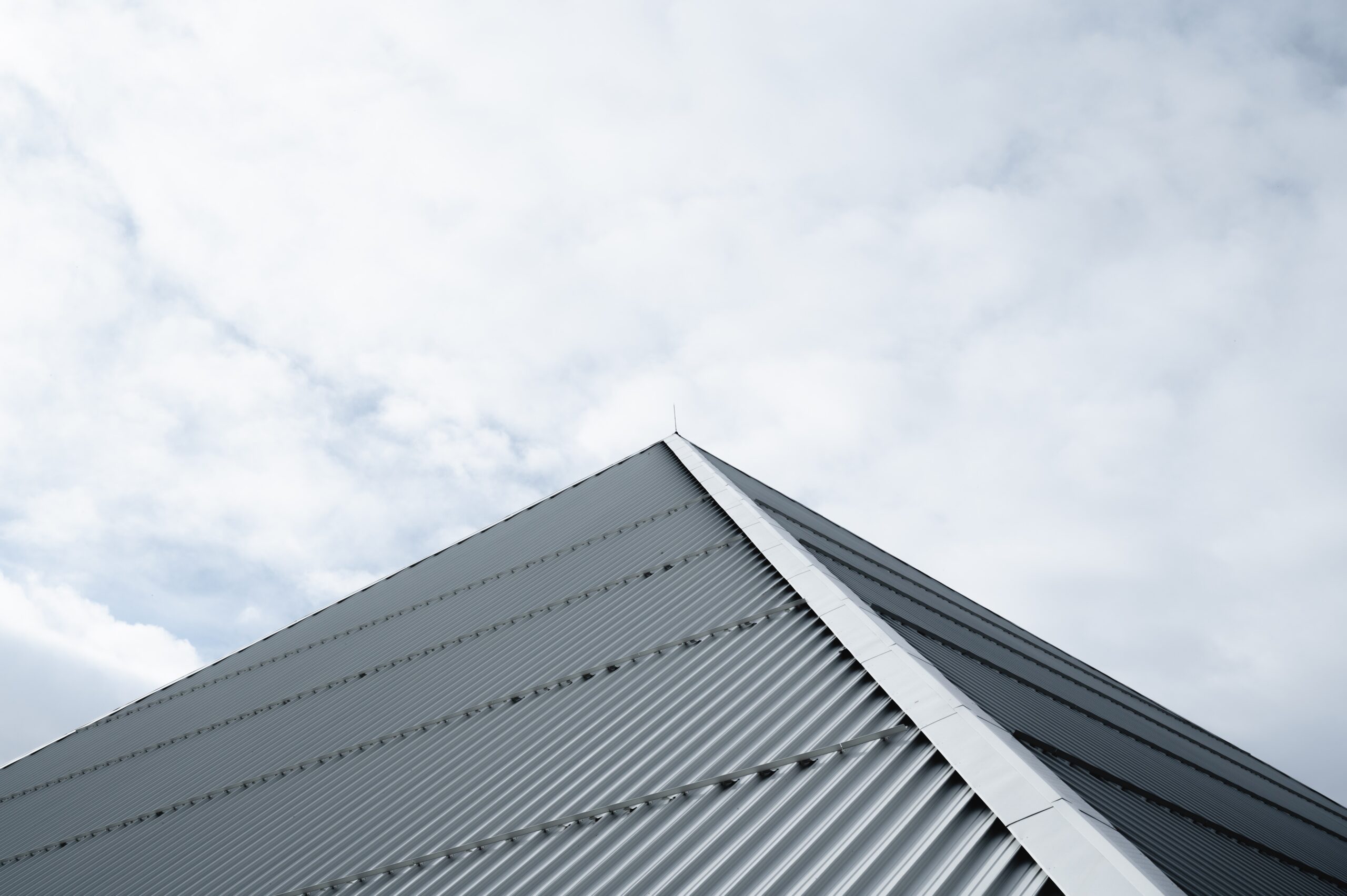The roofing material market in Kenya has undergone significant transformations over the past decade. The usage of iron sheets as the primary roofing material by households has steadily risen from 73.2% in 2009 to 80.3% in 2019, according to Kenya National Bureau of Statistics’ (KNBS). Conversely, the utilization of grass for roofing has declined from 13.7% in 2009 to 5.1% in 2019. This shift signifies a growing preference for more resilient and weather-resistant materials.
A key factor driving the escalating popularity of iron sheets is their capability to endure natural elements and offer effective protection against rain leaks. This characteristic makes them a dependable choice for homeowners, resulting in an increased demand for iron and steel roofing products. Notably, the value of imported iron and steel in Kenya has surged by 6.6% from Sh88.1 billion in 2015 to Sh104.1 billion in 2019, according to the 2020 KNBS Economic Survey.
While the roofing products market is expanding, concerns have been voiced by local manufacturers regarding the uneven competitive landscape within the industry. This suggests that foreign suppliers might possess a competitive edge, potentially due to factors like economies of scale or lower production costs. Local manufacturers could encounter challenges in meeting the escalating demand for roofing products and might require support to bolster their competitiveness in the market.
Concrete roofing has also gained traction among Kenyan households, with the adoption of this material rising from 3.6% in 2009 to 8.2% in 2019. This notable shift towards concrete roofing underscores evolving consumer preferences and a willingness to invest in a longer-lasting solutions. It provides an opportunity for manufacturers and suppliers to meet the growing demand for concrete roofing materials.
Interestingly, the value of Kenya’s exports of iron and steel experienced a notable increase of 27.2%, rising from Sh12.3 billion in 2018 to Sh15.7 billion in 2019. This indicates that Kenyan manufacturers are not only catering to domestic demand but also capitalizing on export opportunities. It showcases the potential for growth in the roofing products industry, both locally and internationally.
The prices of roofing sheets in Kenya range from as low as Sh300 per meter for the thinnest grade, with high-quality pre-painted sheets priced up to Sh1,200 per meter. Similar to roofing sheets, the cost of roofing nails in Kenya varies depending on their quality. A kilo of ordinary roofing nails is priced at about Sh250, while galvanized roofing nails, which are known for their superior rust prevention, retail at Sh300 per kilo. High-quality serrated nails are available for Sh850 per kilo.
The installation cost of clay roofing tiles ranges between Sh1,000 to Sh1,900 per square foot, whereas concrete roofing tiles are priced at approximately Sh800 per square foot. Concrete tiles, however, are less expensive compared to slate roofing tiles, which cost Sh1,700 per square foot, and stone-coated steel tiles, priced at Sh2,000 per square foot.
Roofing shingles are gaining popularity in Kenya due to their appealing visual aesthetics. The materials themselves cost Sh2,000 per square foot, excluding the cost of roof trusses. Copper felt tiles and transparent insulated roofs are among the most expensive roofing materials in the market, with the latter priced at Sh5,000 per square foot. Due to their high installation costs, these materials are mainly utilized for small portions of the roof, such as fanlight areas.
When selecting a roofing material, it is essential to consider not only the upfront cost of materials and labor but also the entire life-cycle cost. While a mabati roof may last 15 years, a slate roof can endure for 85 years.This clearly demonstrates that the cheapest roofing product may not yield long-term cost savings. Therefore, it is sensible to invest in higher upfront costs. When considering the durability of materials, it is crucial to have a clear understanding of the terms and conditions of the manufacturer’s warranty. It is recommended to purchase commodities from reputable manufacturers who will be available should a warranty claim arise many years later.
The roofing material market in Kenya has experienced significant shifts over the past decade, with a growing preference for durable and weather-resistant materials such as iron sheets and concrete tiles. The rise in demand for these materials has been driven by their ability to withstand natural elements and provide reliable protection against rain leakages. However, local manufacturers have expressed concerns about the uneven playing field in the industry, highlighting the need for support to enhance their competitiveness.
Kenyan manufacturers have also capitalized on export opportunities, with the value of iron and steel exports showing notable growth. This indicates the potential for the roofing products industry to expand both domestically and internationally.
When it comes to pricing, roofing sheets vary in cost depending on the grade and brand, with prices ranging from as low as Sh300 per meter to Sh1,200 per meter. The cost of roofing nails also varies based on quality, with ordinary nails priced at Sh250 per kilo, galvanized nails at Sh300 per kilo, and high-quality serrated nails at Sh850 per kilo. Additionally, the prices of different roofing materials, such as clay tiles, concrete tiles, slate tiles, and roofing shingles, have been outlined, emphasizing the need to consider the entire life-cycle cost when selecting a roofing material.
Overall, the roofing material market in Kenya presents opportunities for manufacturers and suppliers to cater to evolving consumer preferences and meet the rising demand for durable and long-lasting solutions. It is crucial for consumers to consider not only the upfront costs but also the durability and warranty conditions provided by reputable manufacturers.
Author: Victor O. Nyakinda


